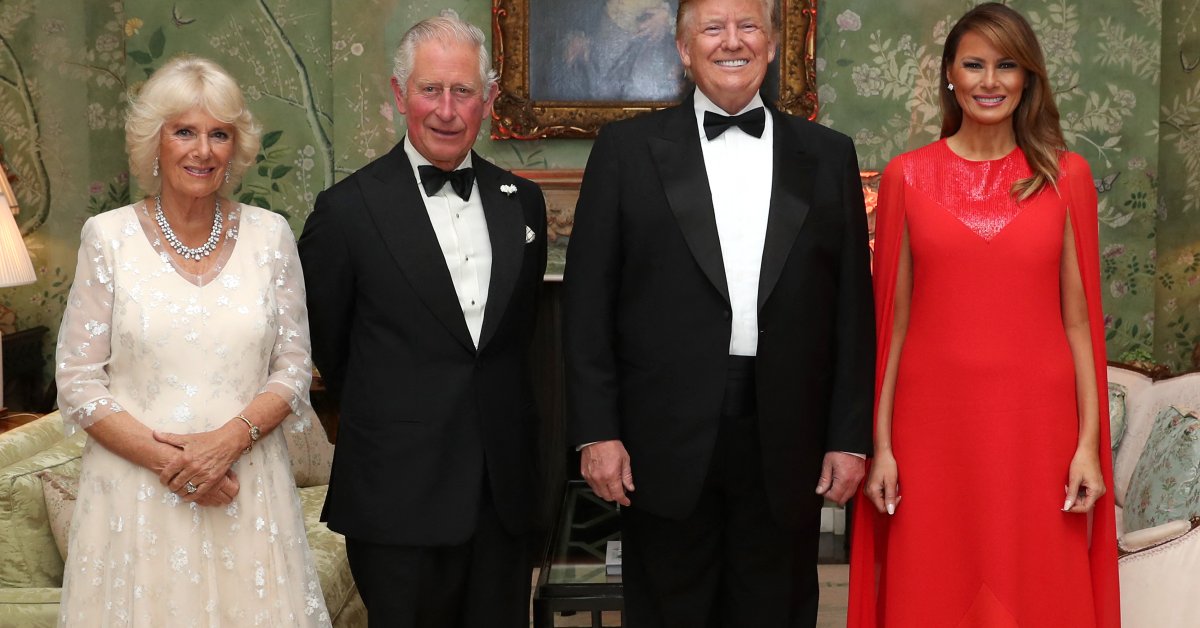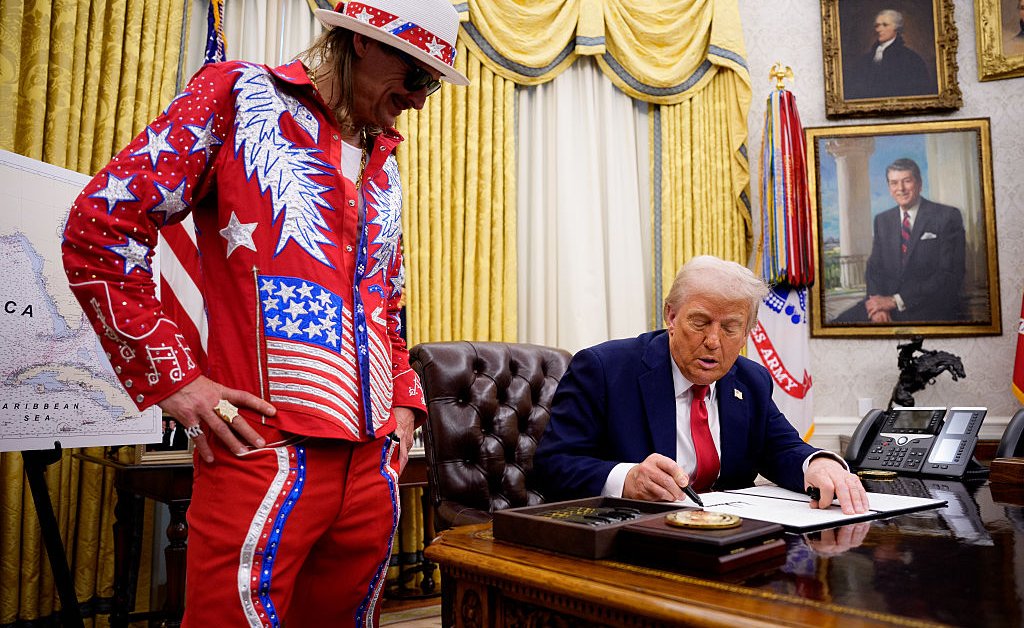Seven out of nine universities that the White House initially offered a “compact” that would grant them preferential federal funding if they agreed to policy commitments aligned with President Donald Trump’s views have rejected the proposal.
The University of Arizona became the latest school to deny the President’s proposal on Monday, joining six other universities—Brown University, Dartmouth College, MIT, the University of Pennsylvania, the University of Southern California, and the University of Virginia—who previously refused to sign the agreement.
The remaining two schools, Vanderbilt University and the University of Texas at Austin, have not yet declined the proposal.
The White House sent out the Compact for Academic Excellence in Higher Education to the nine academic institutions on Oct. 1, outlining ten areas in which universities would have to make changes in return for receiving preference in access to federal funding. The listed reforms include banning considerations of factors such as sex and race in admissions decisions; abolishing groups that “purposefully punish, belittle, and even spark violence against conservative ideas”; capping the share of international students; and defining gender based on “reproductive function and biological processes”.
“Higher Education has lost its way, and is now corrupting our Youth and Society with WOKE, SOCIALIST, and ANTI-AMERICAN Ideology,” Trump posted after the compact was sent. “My Administration is fixing this, and FAST, with our Great Reform Agenda in Higher Education.”
Read more: What to Know About Trump’s Funding ‘Compact’ for Colleges
The compact marked the Trump Administration’s latest move to push universities to comply with demands to change their policies in line with the President’s agenda. A month after Trump’s inauguration, the Administration pulled $400 million in federal funding from Columbia University over alleged anti-semitism. In an ongoing battle with Harvard University, which refused to accede to demands including eliminating its diversity, equity, and inclusion programs and overhauling its hiring practices, the Administration sought to cut all all the school’s funding and other ties to the federal government and to bar it from enrolling international students. The Administration has also withheld funding to other universities and slashed diversity-related research grants.
The White House asked colleges to provide feedback on the offer by Oct. 20. Here’s what they have said.
MIT
MIT was the first school to announce it was refusing the proposal, which university President Sally Kornbluth said “includes principles with which we disagree.”
“Fundamentally the premise of the document is inconsistent with our core belief that scientific funding should be based on scientific merit alone,” Kornbluth wrote in a letter to Education Secretary Linda McMahon that MIT shared on Oct. 10.
Brown University
Brown University was the next to decline, issuing a statement on Oct. 15.
Brown President Christina Paxson said that the compact “by its nature and by various provisions would restrict academic freedom and undermine the autonomy of Brown’s governance.”
The University of Pennsylvania
Penn issued its own rejection a day after Brown.
“At Penn, we are committed to merit-based achievement and accountability,” Penn President J. Larry Jameson said in a statement.
Pennsylvania Gov. Josh Shapiro publicly backed the decision, saying Penn made “the right decision to maintain its full academic independence and integrity in the face of the Trump Administration’s attempts to dictate what private colleges and universities teach and use the long arm of the federal government to censor ideas with which they disagree.”
The University of Southern California
USC also announced its refusal on Oct. 16.
In a letter to McMahon shared by the school, USC Interim President Beong-Soo Kim acknowledged “areas of alignment” with the proposal, but raised concern that “even though the Compact would be voluntary, tying research benefits to it would, over time, undermine the same values of free inquiry and academic excellence that the Compact seeks to promote.”
The University of Virginia
On Friday, following those four rejections, the White House hosted a virtual meeting with the colleges that had not yet declined the proposal, which included the University of Arizona, UT Austin, Vanderbilt, Dartmouth and UVA. Arizona State University, Washington University in St. Louis, and the University of Kansas were also invited to the meeting.
UVA announced following the meeting that it would not sign the compact. “A contractual arrangement predicating assessment on anything other than merit will undermine the integrity of vital, sometimes lifesaving, research and further erode confidence in American higher education,” said Paul Mahoney, the university’s interim president.
UVA’s previous president resigned after Trump’s Justice Department put pressure on the school over its diversity, equity and inclusion efforts.
Dartmouth University
Dartmouth also issued its rejections to Trump’s proposal following the Oct. 17 meeting.
Dartmouth President Sian Leah Beilock wrote in a letter to students and faculty the day after the meeting that she did not believe “a compact — with any administration — is the right approach to achieve academic excellence.”
The University of Arizona
In a letter to the Department of Education (ED) on Monday, University of Arizona President Suresh Garimella stated that “principles like academic freedom, merit-based research funding and institutional independence are foundational and must be preserved.” The letter also highlighted the university’s commitment to federal and state anti-discrimination laws.
“We seek no special treatment and believe in our ability to compete for federally funded research strictly on merit,” the letter said.
Vanderbilt
Vanderbilt chancellor Daniel Diermeier noted in a message to the campus community on Monday that the school had “been asked to provide feedback and comments as part of an ongoing dialogue” rather than giving the White House a final decision on the compact.
While Diermeier did not reject the proposal, he signaled the demands were at odds with the university’s principles in language that echoed other colleges’ refusals.
“Our North Star has always been that academic freedom, free expression and independence are essential for universities to make their vital and singular contributions to society,” he wrote, adding that “we also believe that research awards should be made based on merit alone.”
The University of Texas
UT Austin was the only school that appeared open to the compact. Kevin Eltife, the chair of the UT system’s board of regents, said the system of Texas schools was honored UT Austin was selected for the proposal.








